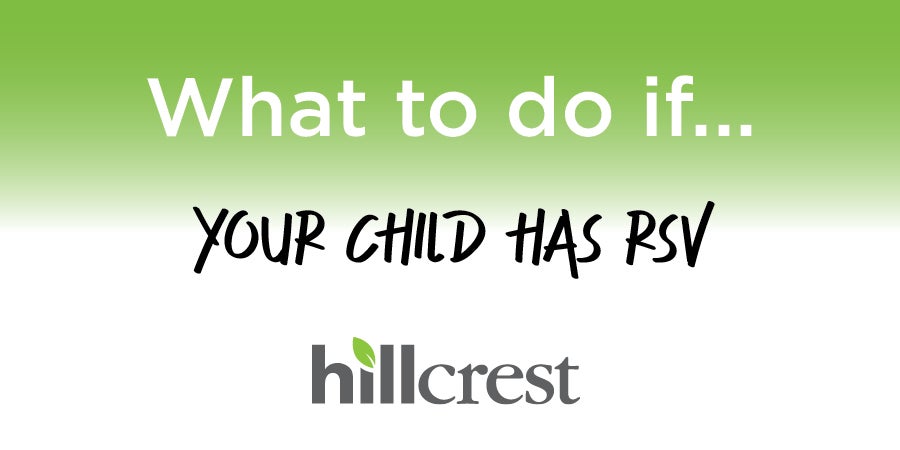RSV is a respiratory virus that is often confused with the common cold because it has very similar symptoms. The virus is most dangerous to young children, and it is spreading earlier than usual this season. Theresa Horton, M.D., pediatrician at Utica Park Clinic Owasso, has some tips about what you should do if your child contracts RSV.
What is RSV?
- RSV, or respiratory syncytial virus, enters the body through contact, usually through the eyes, nose, mouth and mucus membranes.
- The virus mutates frequently, so it is possible to contract it more than once.
- There is currently no vaccine or medication treatment for RSV.
What are the common symptoms of RSV?
- RSV symptoms are similar to symptoms of the common cold. They include difficulty breathing, coughing and excessive mucus production.
- RSV can cause bronchiolitis in children under 1.
- It can also cause ear infections and secondary pneumonia.
What do I do if my child is diagnosed with RSV?
- Make sure your child is staying hydrated and watch for breathing difficulties.
- Use nasal saline rinses and suction to keep nostrils clear of mucus.
- If your child is not eating or has trouble breathing, seek medical care.
What should I avoid if my child has RSV?
- Keep your child home to avoid spreading the virus. RSV is most contagious in the first three to eight days after contracting it.
- Make sure everyone in your household washes their hands thoroughly and often.
If you need to seek non-emergent medical care, please call 918-579-3627 (DOCS) to schedule an appointment with a pediatrician.

